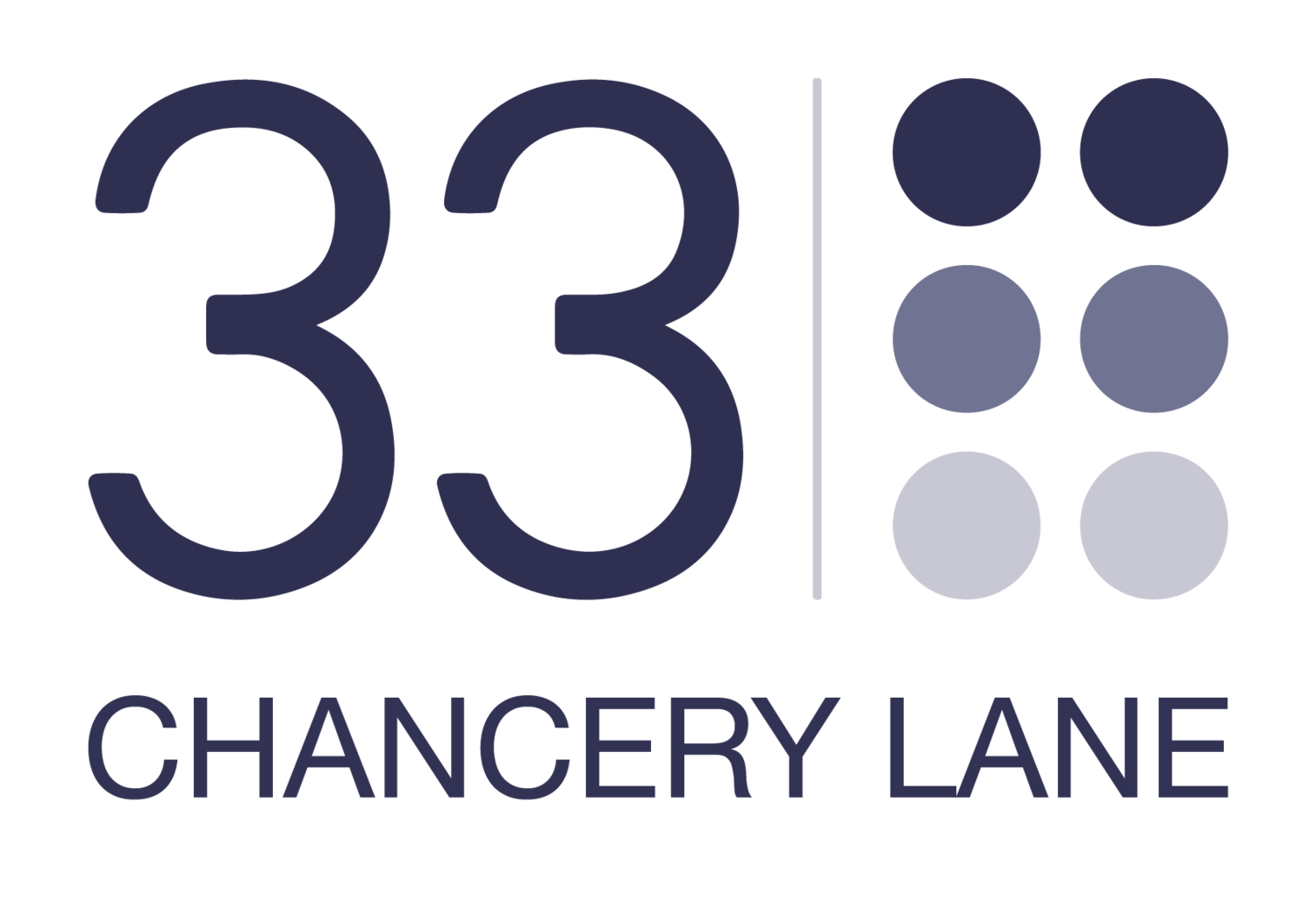Faisal Osman – Success in the Court of Appeal, The Dubai International Financial Centre Courts
Faisal Osman and Steven Thompson QC, instructed by Carlo Fedrigoli of Onoma FZE, have received Judgment in the DIFC Court of Appeal regarding a claim brought by IGPL General Trading LLC against their clients, the Commercial Bank of Dubai ("CBD").
The case involves a long-running, multi-jurisdictional dispute between CBD and the Al-Sari family of Sharjah, UAE.
CBD brought enforce enforcement proceedings against the Al-Saris following a very high-value judgment order CBD obtained in Sharjah several years ago. The Al-Saris’ assets included a premier London residential and commercial property complex in Battersea, London.
Three BVI SPVs held the London properties. CBD obtained an order in the BVI, transferring the BVI SPVs into its ownership. The Al-Saris, via one of their proxies, IGPL, asserted that they had a perpetual tenancy over the London properties and a permanent right of occupation.
CBD's case was that the 'tenancies' were created ultra vires and were an anti-enforcement device in the final analysis.
Faisal Osman successfully applied for 'reverse' Immediate Judgment at first instance. IGPL appealed. Steven Thompson QC led for CBD at the appeal, assisted by Faisal. This is the resulting Court of Appeal judgment.
The case came down to one question: do shareholders acting unanimously have the power to execute contracts on behalf of a company without its directors' consent?
IGPL framed their case on In re Duomatic Ltd.[1969] 2 Ch 365.
CBD argued that Duomatic was not a common-law power allowing shareholders to act on a company's behalf by-passing a properly constituted board.
The DIFC Court of Appeal agreed with CBD. It upheld the Court of First Instance's decision to dismiss the Claim without trial and held:
"The Duomatic principle is, in short, the principle that anything the members of a company can do by formal resolution in a general meeting, they can also do informally if all of their assent to it." In this Appeal, the Appellant was relying on an agreement that (all) the shareholders had made that they had agreed informally rather than by resolution. The qualification embedded in the principle is that the matter to which the shareholders' assent must be "some matter which a general meeting of the company could carry into effect.". By the facts within this Claim, the company would not have been permitted to enter into the agreement that the shareholders reached with a third party and the Court concluded that the Duomatic principle is not the route to legitimize such an informal agreement by shareholders.
The litigation moves to London, where the Bank has brought possession proceedings.
